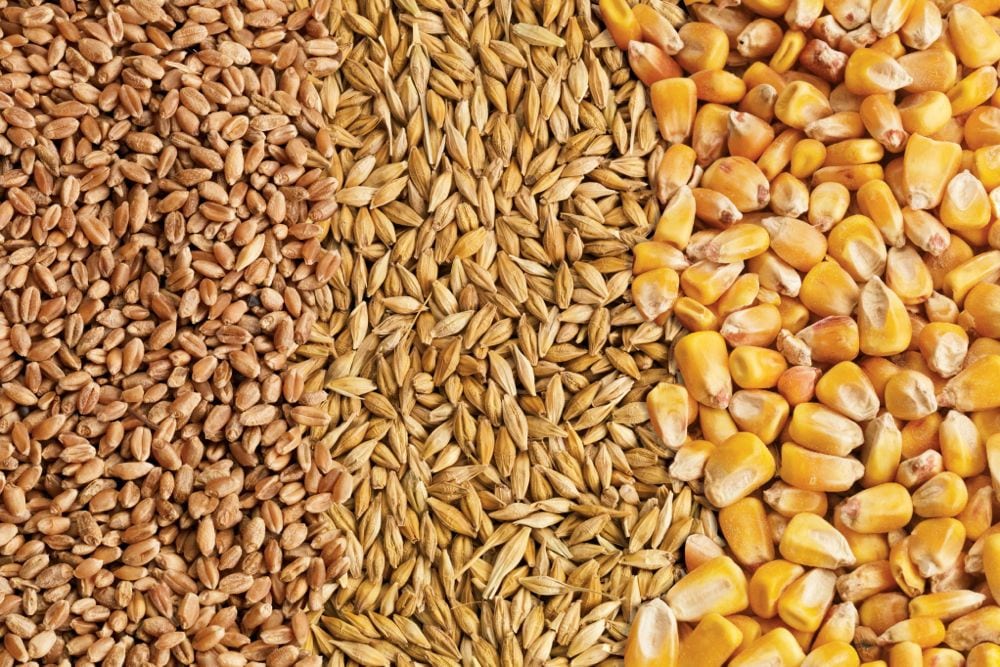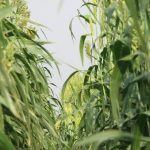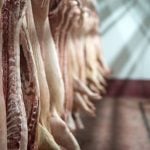Alberta will resume imports of wine from British Columbia starting Friday, as the B.C. government prepares to take its concerns over piping crude oil to court.
In a brief statement Thursday, Alberta’s Premier Rachel Notley said the province has suspended its ban on B.C. wine and will again allow “ordering, receiving and transportation” of B.C. wine products.
Notley’s announcement follows the B.C. government’s decision, earlier Thursday, to prepare a reference for courts to rule on the province’s “constitutional rights to defend against the risks of a bitumen spill.”
Read Also

Feed Grains Weekly: Price likely to keep stepping back
As the harvest in southern Alberta presses on, a broker said that is one of the factors pulling feed prices lower in the region. Darcy Haley, vice-president of Ag Value Brokers in Lethbridge, added that lower cattle numbers in feedlots, plentiful amounts of grass for cattle to graze and a lacklustre export market also weighed on feed prices.
B.C. on Jan. 30 had proposed to restrict increased transport of crude oil in the form of diluted bitumen, while the B.C. government studies the potential effects of spills.
The B.C. government’s announcement on Thursday effectively stalls that proposal for the near future.
In retaliation for B.C.’s Jan. 30 proposal, Notley on Feb. 6 had ordered the Alberta Gaming and Liquor Commission to put an “immediate halt” on imports of B.C. wines.
B.C. retorted Monday it would challenge the wine ban through the interprovincial Canadian Free Trade Agreement (CFTA) dispute settlement process. The B.C. Wine Institute also said it would seek an injunction to halt the ban.
The BCWI said Thursday it “welcome(s) the Alberta government’s decision to suspend the prohibition. However, uncertainty remains.”
Specifically, the institute “remain(s) concerned that any provincial government believes it has the constitutional authority to impose trade bans on Canadian products based on their place of origin.”
While the institute said it’s “thrilled that Alberta consumers once again have the choice to purchase and enjoy B.C. wines,” it also said it will consult its lawyers and membership on “our path forward.”
‘Drastic consequence’
B.C.’s Jan. 30 proposal had stood to delay Kinder Morgan Canada’s planned Trans Mountain pipeline expansion between Edmonton and Burnaby, B.C., a project approved by the federal government in 2016.
B.C. Premier John Horgan said Thursday that while the province refers its proposed restrictions on bitumen transport to the courts for a ruling — a reference which “may take several weeks” to bring forward — it will “soon” launch public consultations on other safeguards it proposed Jan. 30.
Those safeguards propose to regulate spill response time, geographic response plans and compensation for loss of public and cultural use of land.
“We believe it is our right to take appropriate measures to protect our environment, economy and our coast from the drastic consequence of a diluted bitumen spill,” Horgan said in a release. “And we are prepared to confirm that right in the courts.”
CBC later Thursday quoted Notley as saying she’s “confident the courts will not give B.C. rights it does not possess under the constitution.” — AGCanada.com Network















